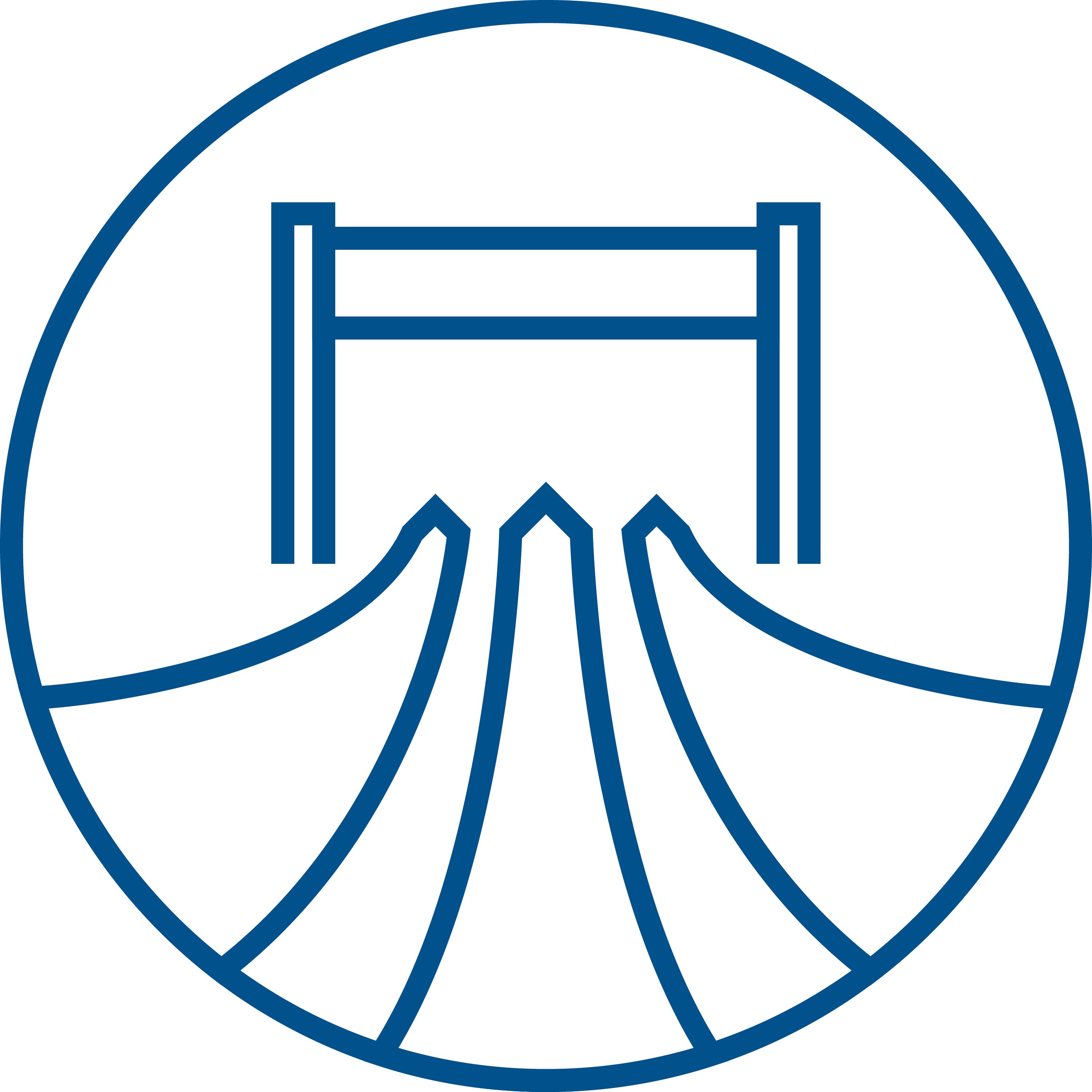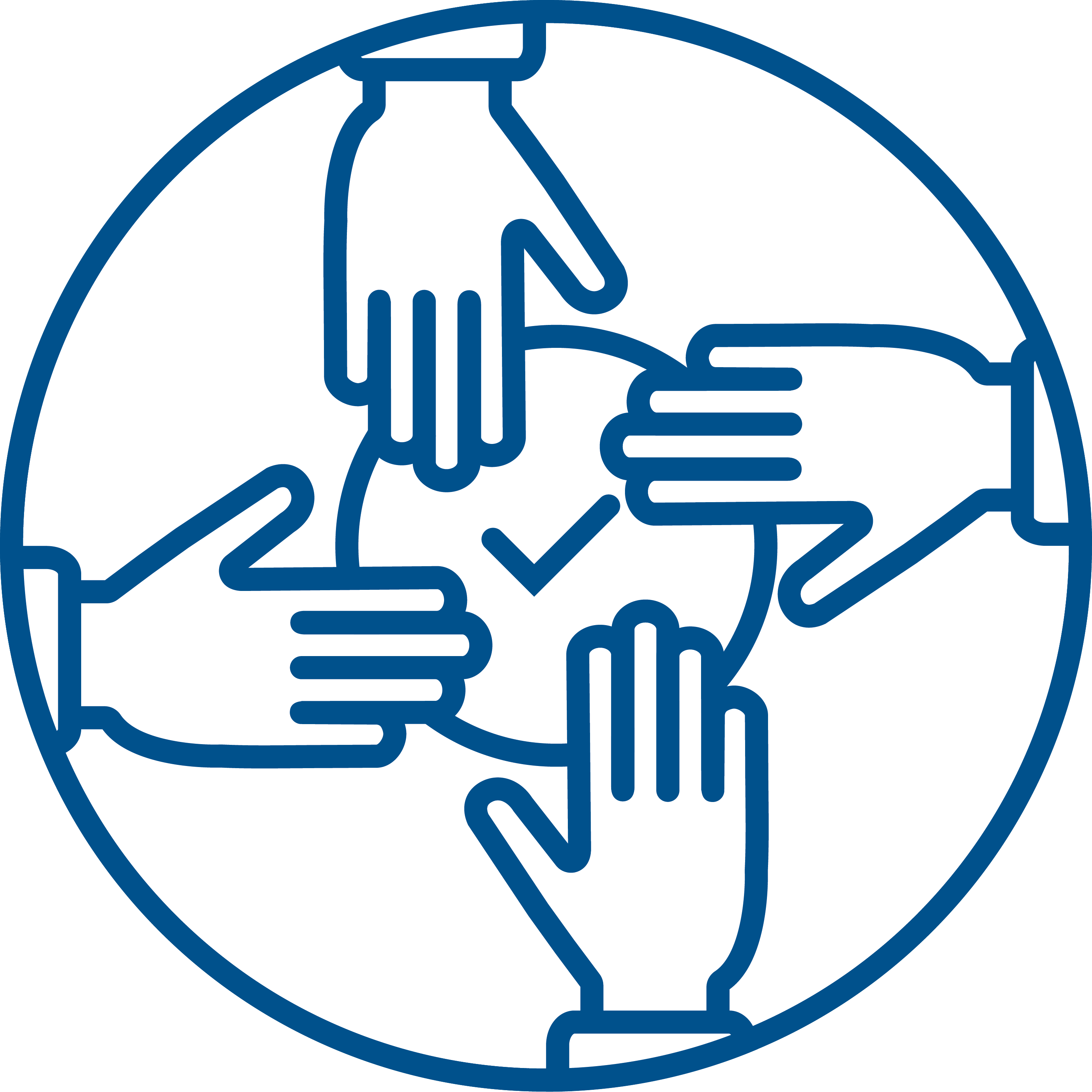
Fjallabyggð, Iceland |
|---|
Front runner municipality within elderly care
Sharing of data between health and social care is not a tradition on Iceland and this can create many difficulties. In order to be the Icelandic front runner within elderly care Fjallabyggð municipality have entered a cooperation agreement for innovation and development.
The cooperation is with the SSNE (Associations of municipalities and business northeast Iceland), the Ministry of Social Affairs, the Ministry of Health, VelTek (Health and Welfare Technology Cluster of the North) and the Association of Senior Citizens.
The overall aim for Fjallabyggð municipality being a front runner within integreated health and care technologies is to support, the elderly population and provide the citizens with a holistic view of their health and wellbeing.
Fjallabyggð and Health Care institution North Iceland - HSN will work with Veltek to develop their co-operation platform for coordinating services with citizens and for the introduction of health and welfare technology in the community.
The three parties have agreed to work together towards the common goals and will develop further plans for the implementation of individual projects as the needs arises.
The aim of the cooperation agreement is to confirm the good will and the main goal of the stakeholders, to work together on the development, innovation, and implementation of technology in health and welfare services for the citizens of Fjallabyggð and with the elderly population as a starting point for the project.
The cooperation set-up
The age composition of the population in Fjallabyggð reflects other rural areas in the Nordics. About 20% of the population is 67 years or older and this number will grow the coming years. This calls for increased collaboration and coordination to provide the service offerings along with new and changed methods and technology to support an overall vision of being front runners within integrated care and quality to the citizens.
The primary stakeholders in the cooperation and their role are described below.
Fjallabyggð municipality provides social and welfare services according to the Act on Municipal Social Services. This includes all general and specialized social services for the citizens and support services for the elderly, as well as the operation of the Hornbrekka residential and nursing home.
Heilbrigðisstofnun Norðurlands (HSN) handles the operation of health services for the inhabitants of Fjallabyggð, cf. law on health care. These are general health care services, including services for the elderly as well as a nursing and medical ward in Siglufjörður
VelTek - The Health and Welfare Technology Cluster of the North is a newly started cluster that began its operations in 2021. The cluster is based on policies and ideologies to create a knowledge platform where various stakeholders from different sectors work together on projects, primarily in the field of innovation and technology in health and welfare services for citizens.
Fjallabyggð and HSN provide services to the citizens and are taking steps towards strengthening the use of technology in the welfare service.
Developing the Fjallabyggð model
The cooperation agreement between the stakeholders is in the early stage but will look at ideas and proposals for integrated health and social services for the elderly based on framework and guidelines given from the Ministry of Health.
Fjallabyggð, HSN and Veltek have confirmed their willingness to increase cooperation and to work on specified projects within innovation and technology in the health and welfare services based on eight main goals:
Fjallabyggð and HSN will, individually and collectively, have an initiating role in the implementation of welfare technology, development, and coordination of the services with the citizen of the municipality.
Fjallabyggð and HSN will, in collaboration with Veltek, work with testing, development and implementation of new service solutions.
Increase cooperation and coordination in the service offering, between institutions, divisions and employees through teamwork and formal consultation and communication channels.
Strengthen cooperation on knowledge sharing, competence development and joint education for citizens, relatives, and employees.
Strengthen the dissemination of information and the publication of educational material for stakeholders and utilize the latest technology for this purpose.
Implement and coordinate work processes and quality standards in the service of the elderly.
Inform and negotiate cooperation to ensure the financing of individual projects and the acquisition of grants for innovation and development.
Commission or carry out research, audits, progress and assessments in the welfare service and the innovation and development projects that the parties launch jointly.
Government policies
The cooperation agreement is also based on a reference to the following government policies:
- Actions A4 and A5 in the Regional Plan 2018-2024, where the emphasis is on establishing coordination, teamwork, counselling, education, and quality development in the field of social, health and education.
- Charter of the Government of Iceland, which encourages innovation, cooperation in the field of public services and administration, and the strengthening of technological infrastructure and welfare technology.
- Emphasis in the government's policy from 2016 in the field of innovation and technology in welfare services.
As the cooperation is still in an early stage, the governance set-up is still being developed between the municipality, health institution and other stakeholders.
Going forward
The key success factors and reflections from the Fjallabyggð project is at an early stage of the cooperation but below are some of the major findings and components identified:
- Sharing of data between health and social care is not a tradition and creates difficulties in thinking and designing solutions where data can be shared. Even though the law in Iceland is based on collaboration between health and social, sharing the same database has not been the case. The project aims to do so and develop a solution to make that possible. By not working with shared data, it makes the quality of care more difficult and not as holistic as it could be
- The challenge is to make a sustainable solution where the citizen has the possibility to give consent to the use of own data. The main goal is to increase quality of life and the notion on not sharing data maintains silo thinking. Breaking silos is necessary to be able to provide a holistic view and preventive service offering to the citizen so they can stay healthy longer
- Based on Fjallabyggð current infrastructure and composition of the society it can showcase a sustainable society where staying healthy long combined with preventive actions is possible because of breaking the silo thinking and make data sharing possible.
- The set-up of the cooperation has taken longer than expected and the governance around the agreement still needs to be established and aligned with the stakeholders.
- Recommendations to others thinking of a similar project cooperation agreement:
- Start - don’t wait
- Anchor with management
- Anchor with employees
Facts about the model area
Name of regional network | Fjallabyggð Municipality, North East region Iceland |
Area in km2 | 364 km2 |
Population – number of inhabitants | 1.700 |
When the network was established | 2021/22 |
Number of municipalities in the network | 1 municipality |
Number of hospitals in the network | 1 somatic |
Target group | Senior citizens |
Number of users | 120 within home care and long-term care |


